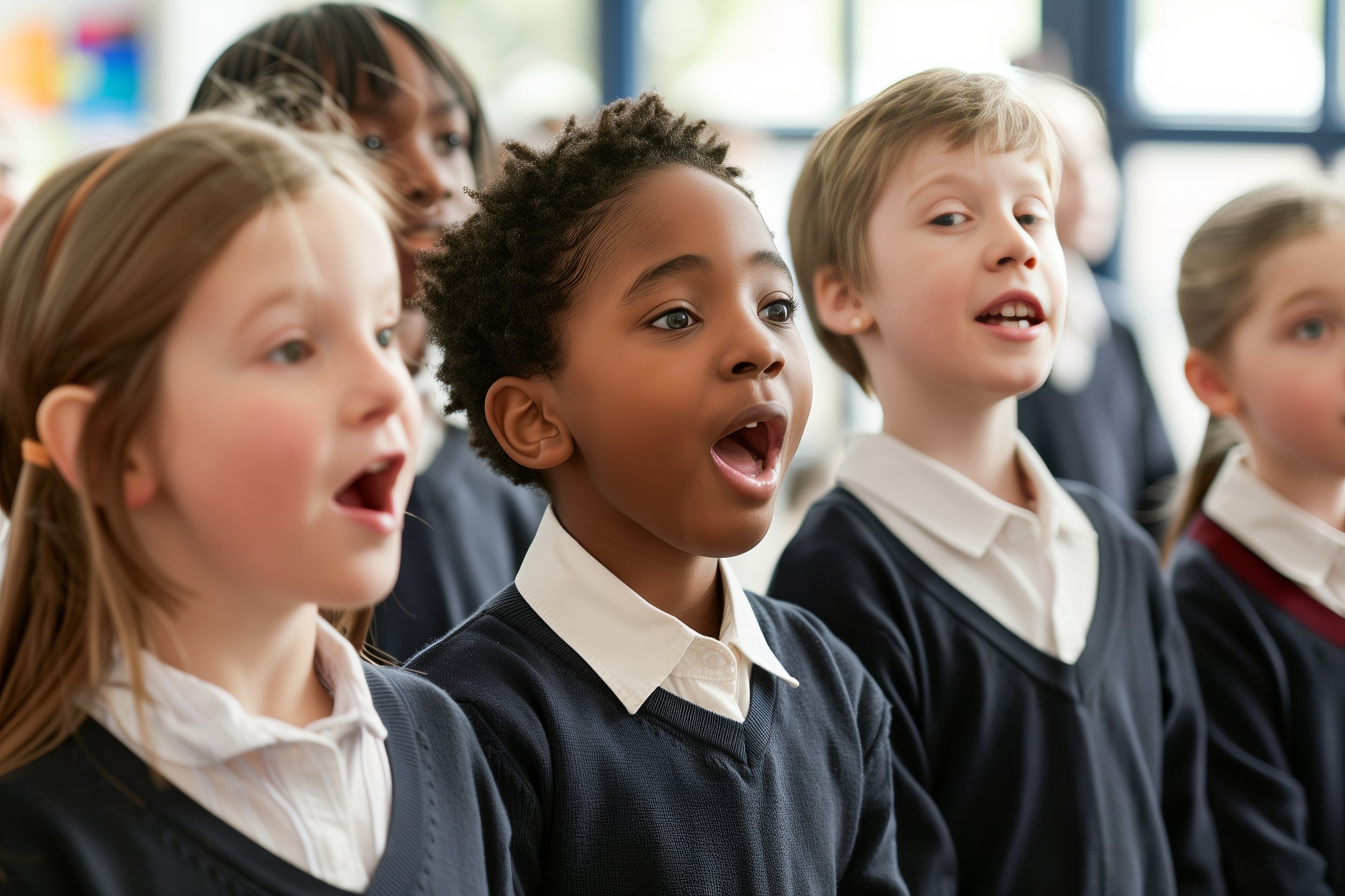Academics


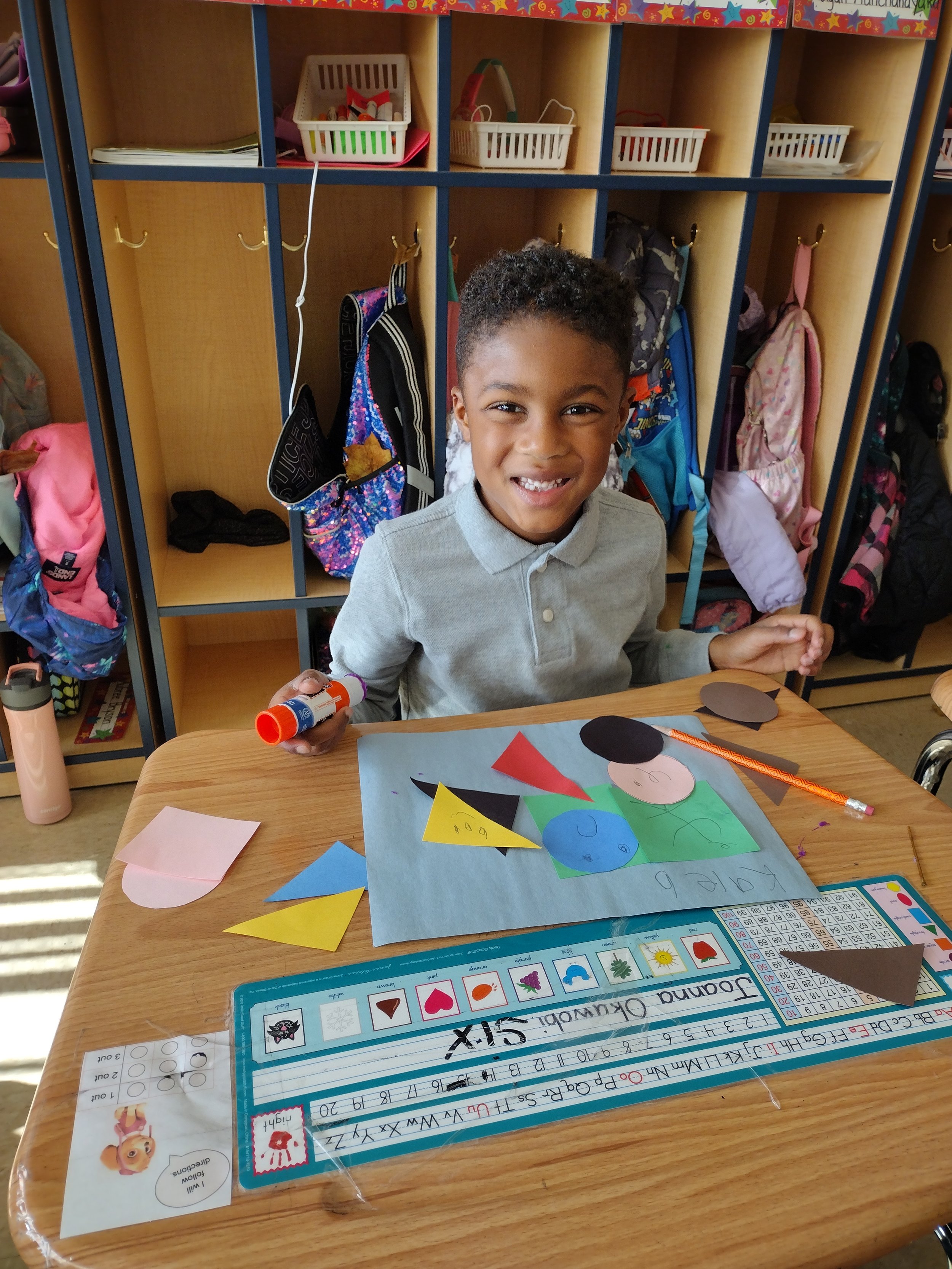

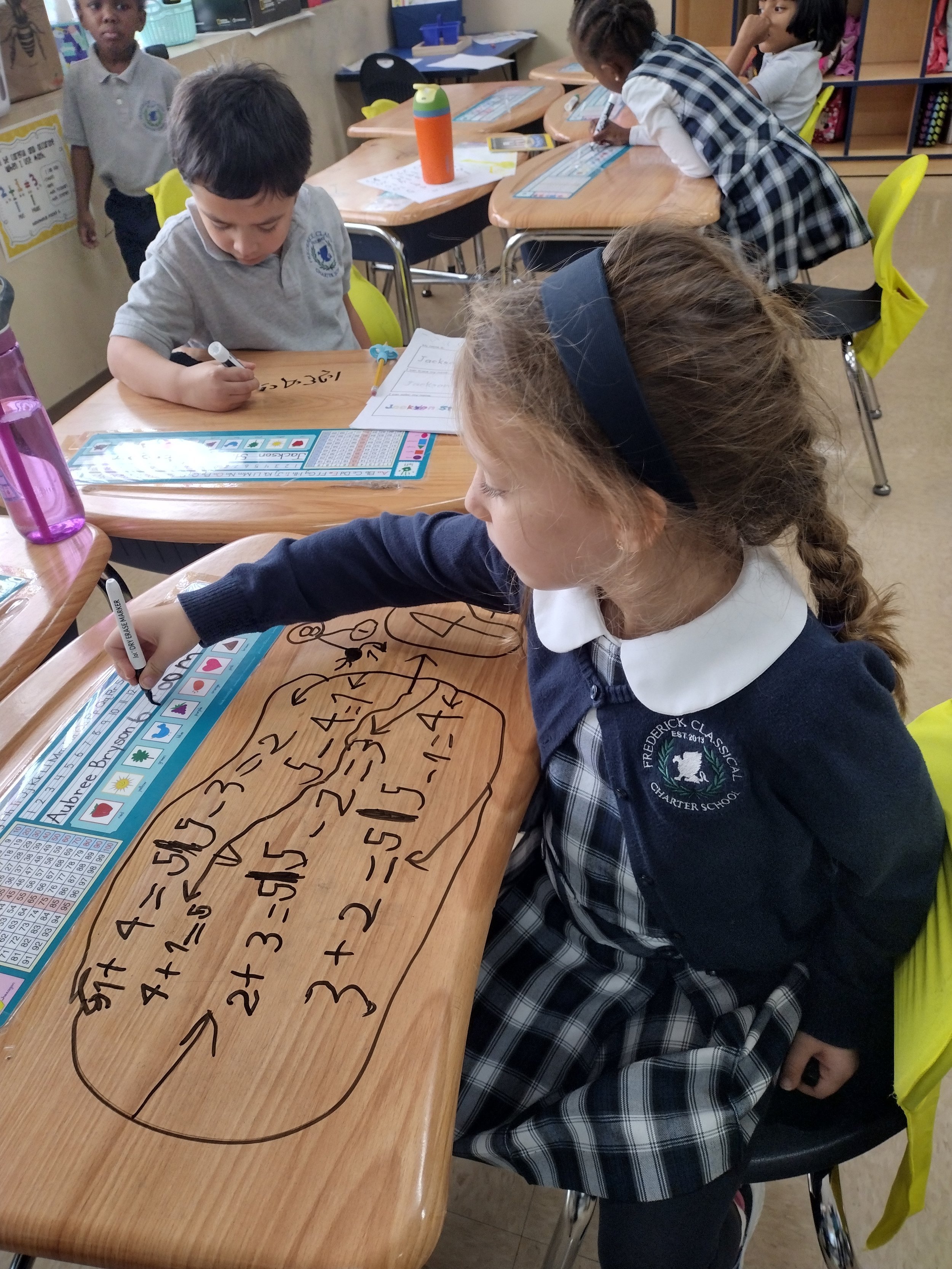






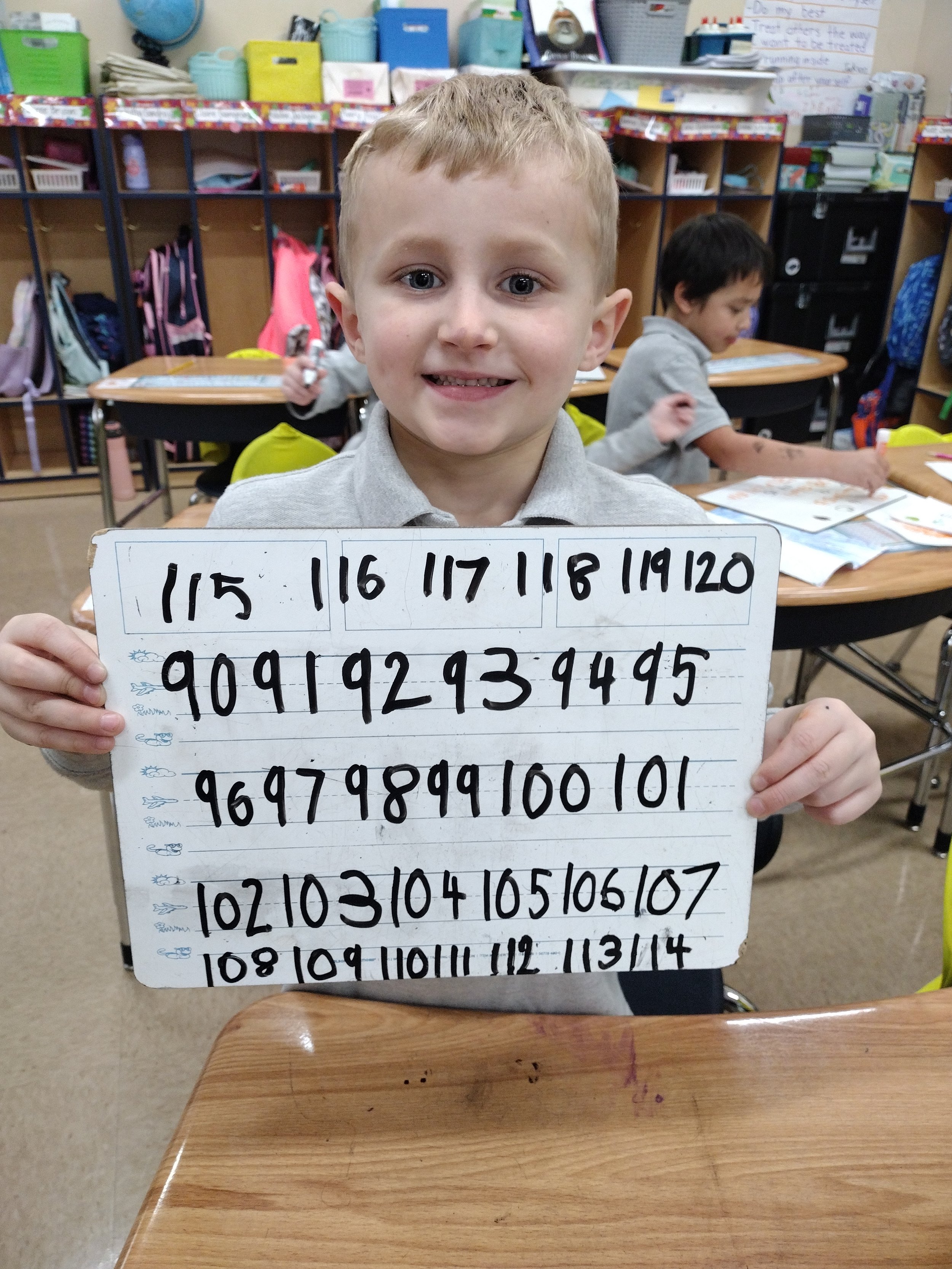


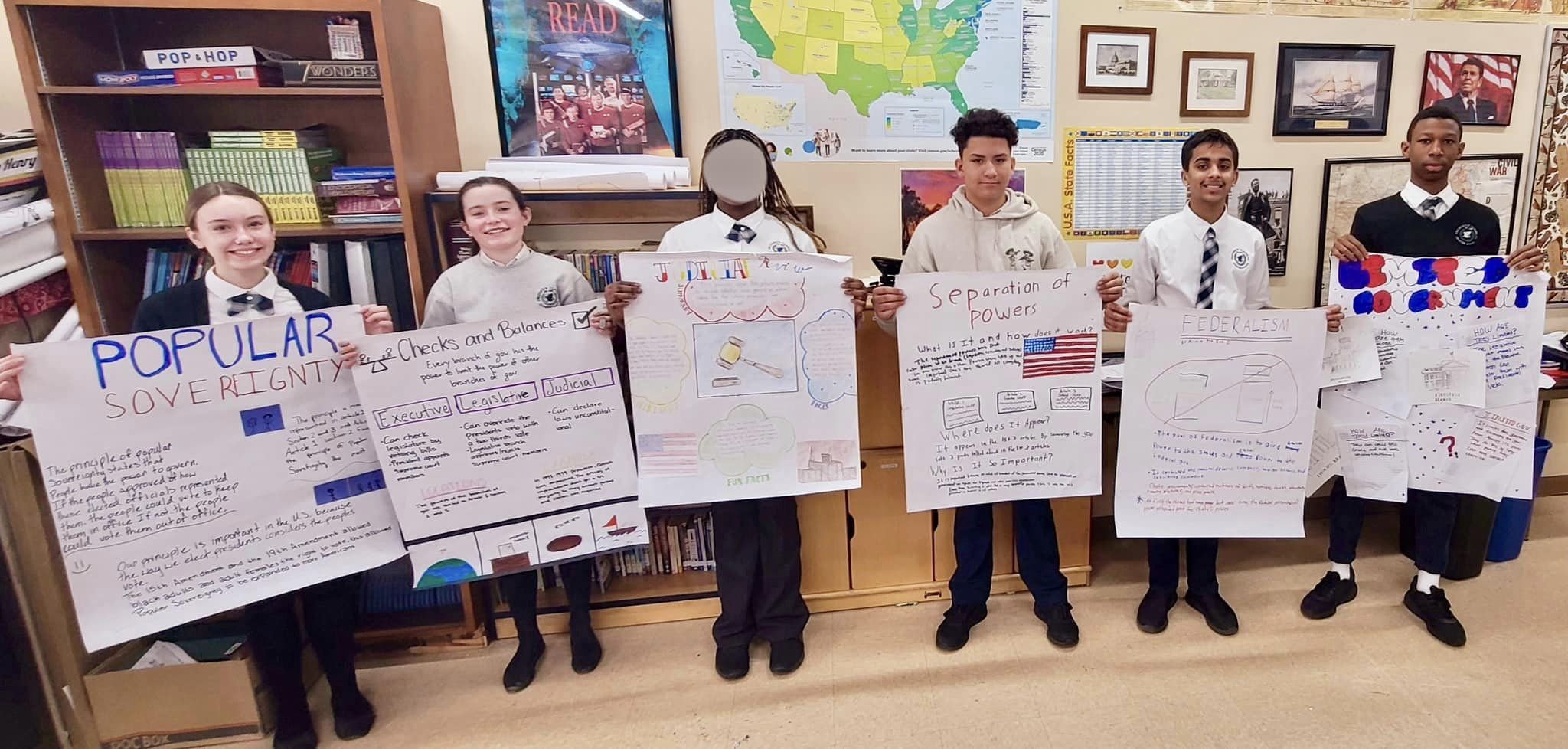







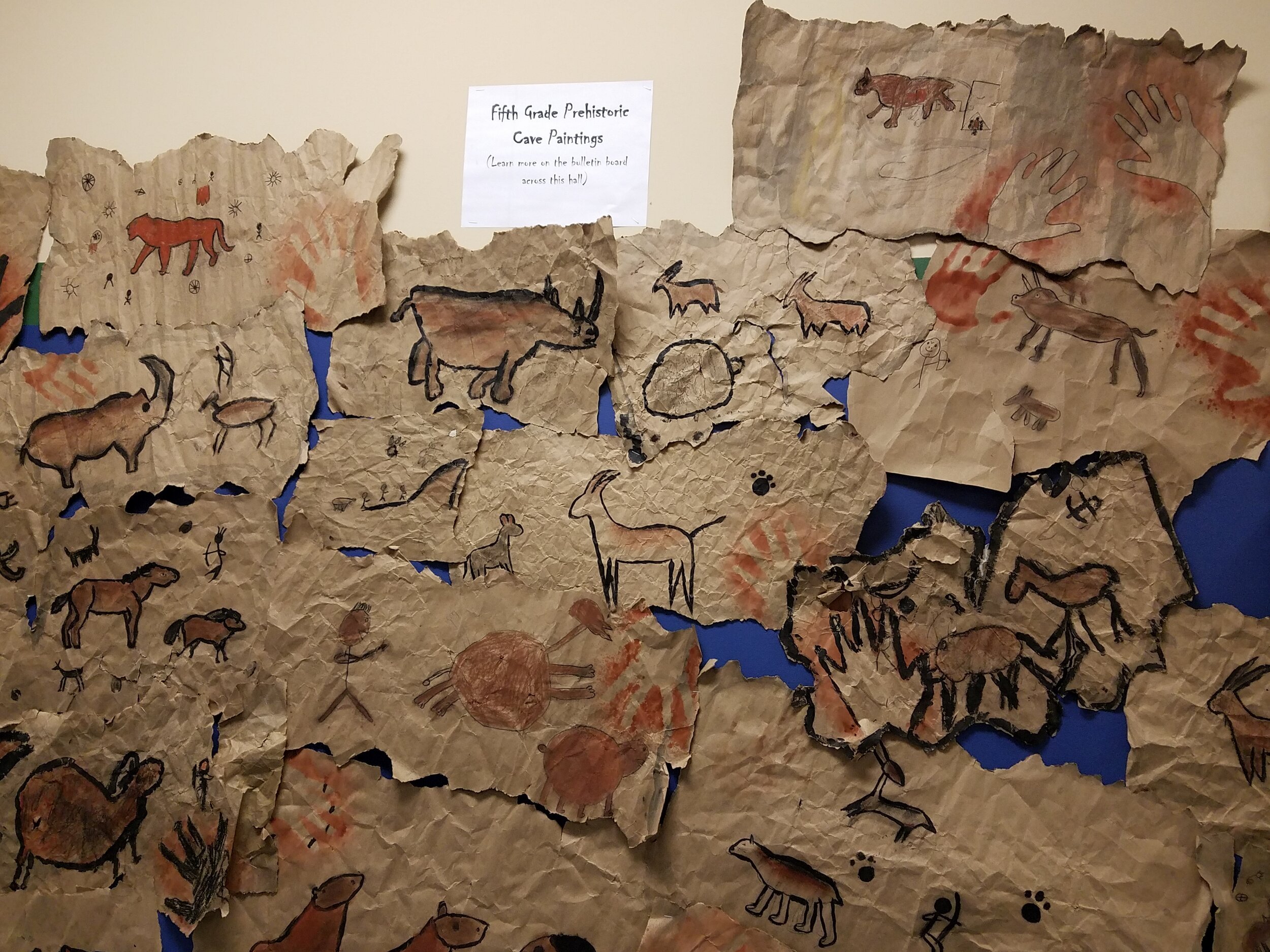



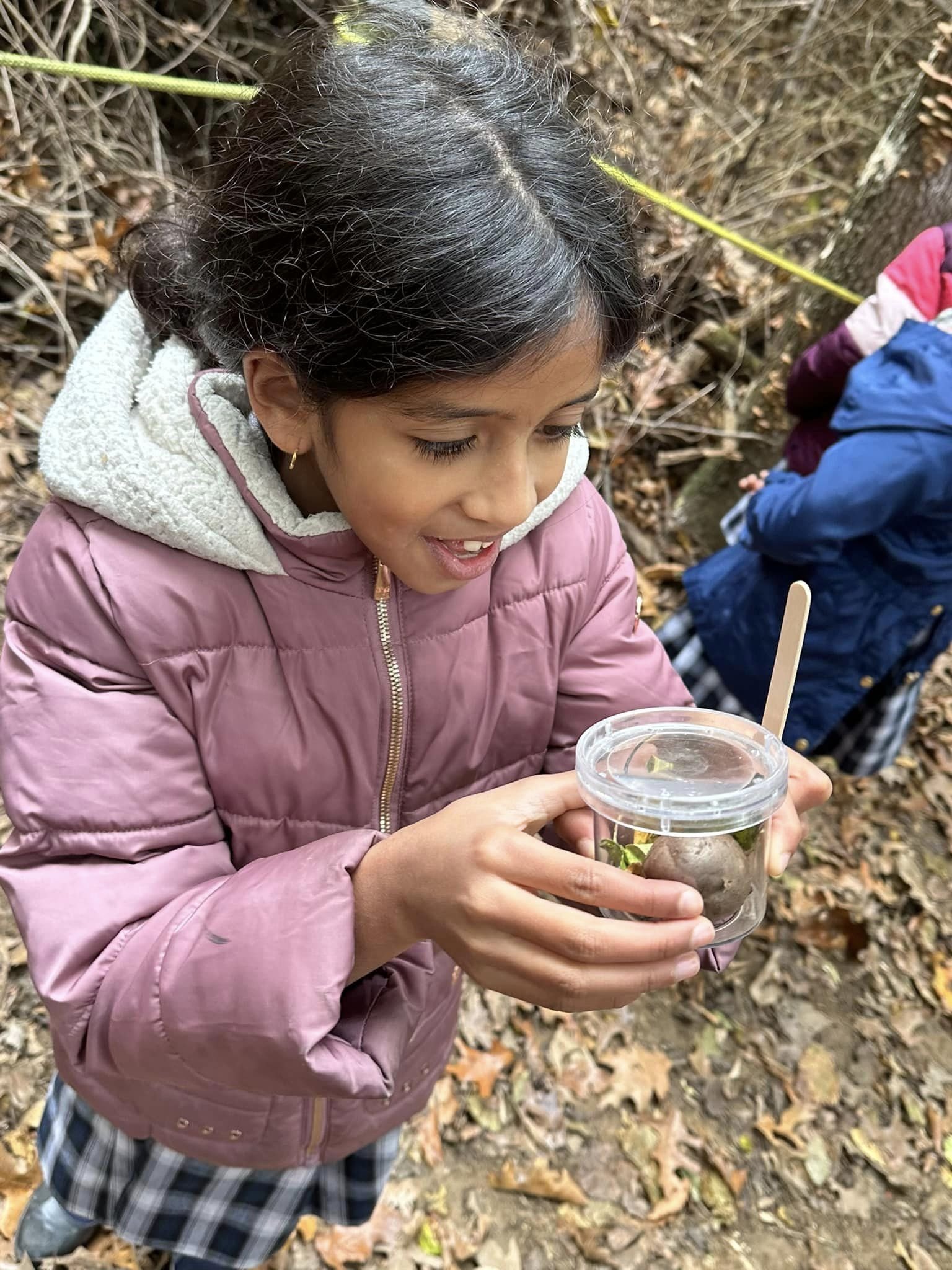





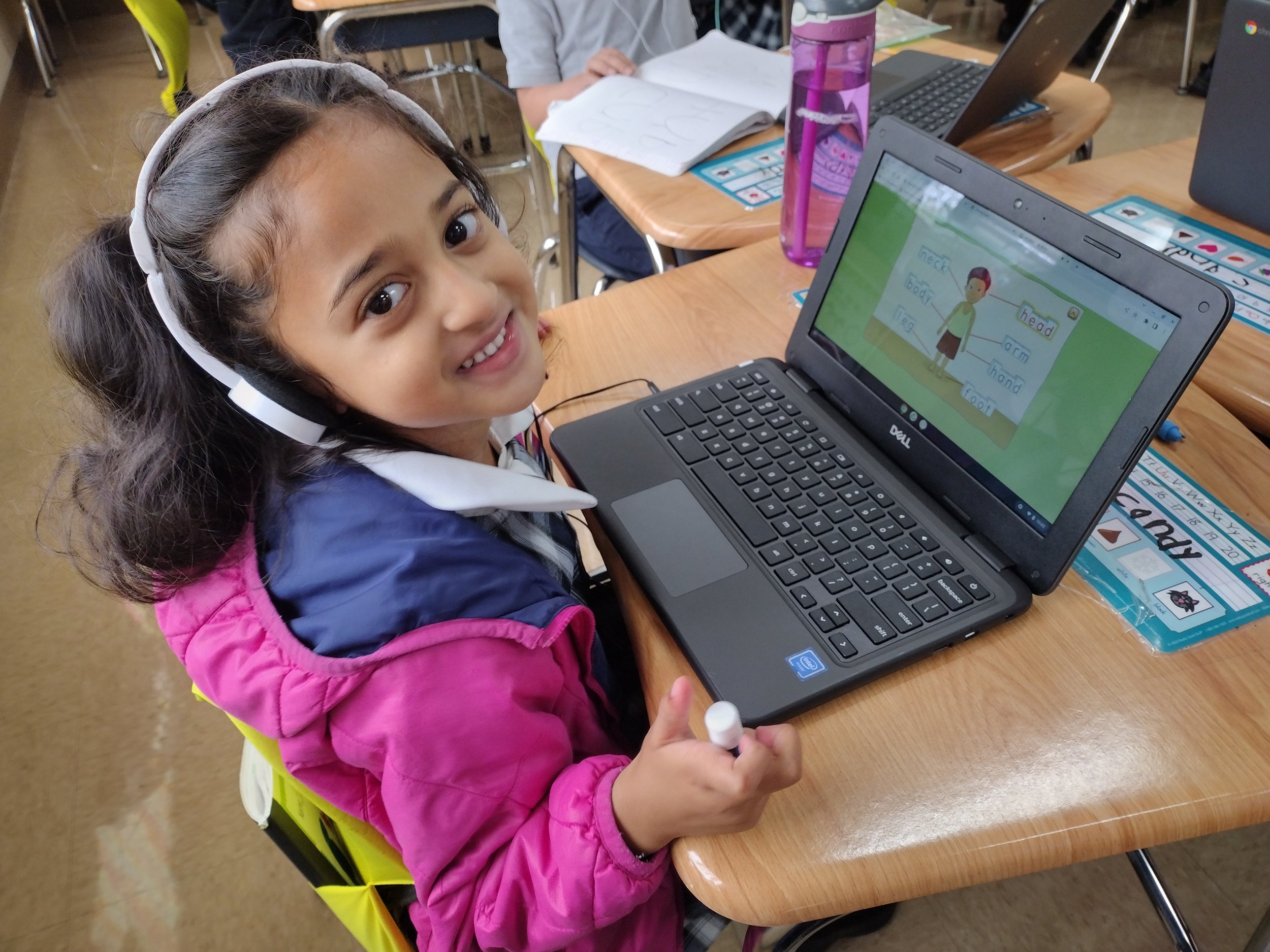


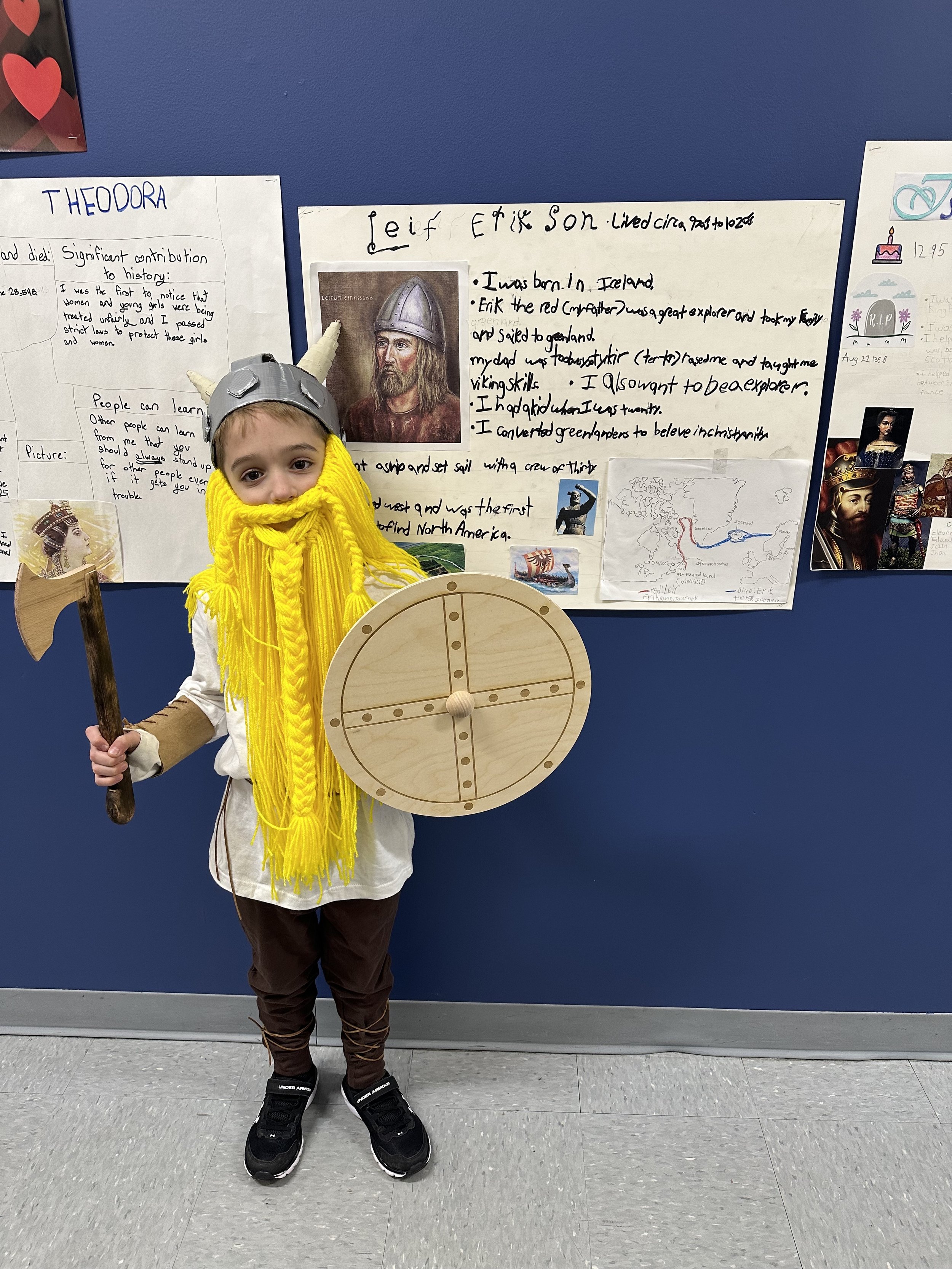








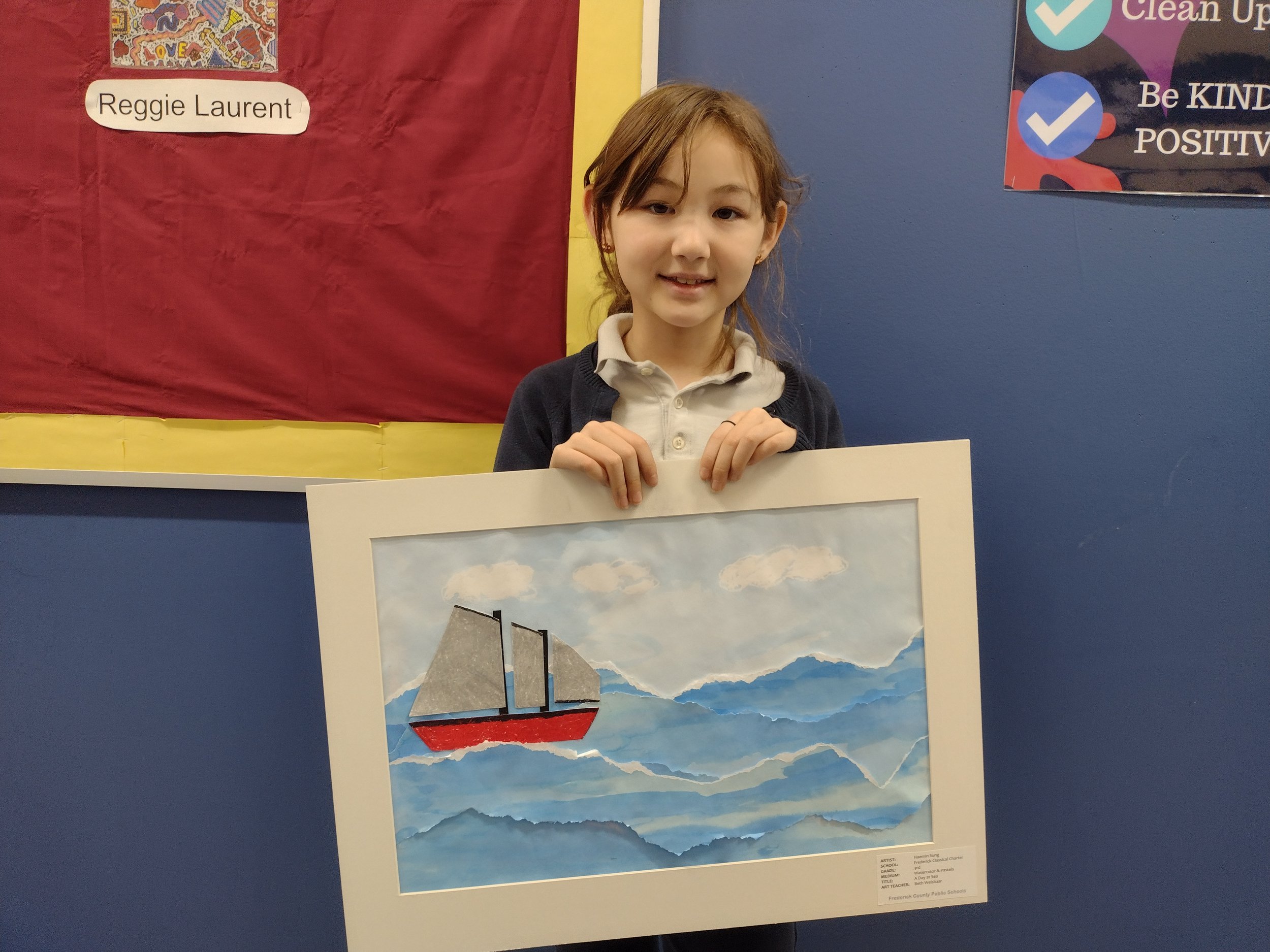
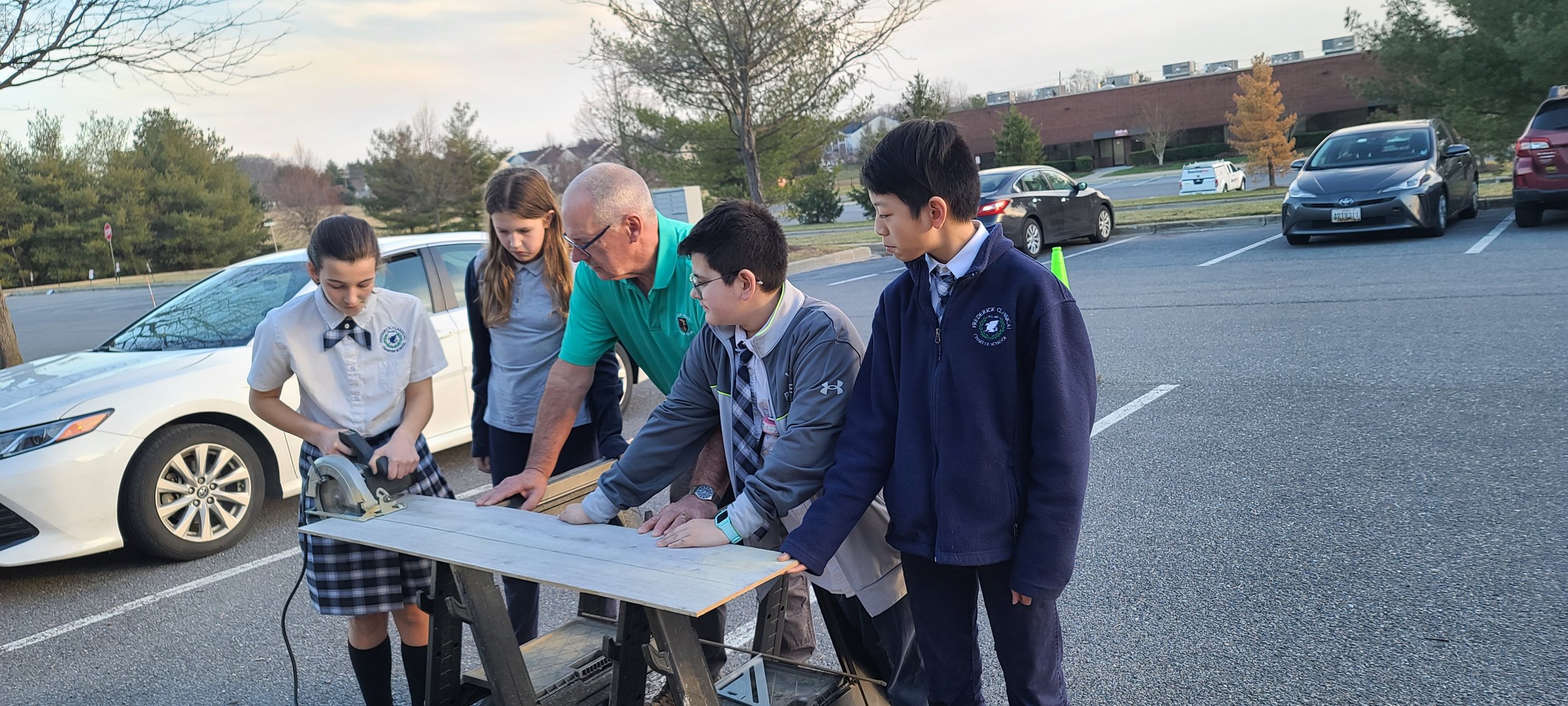


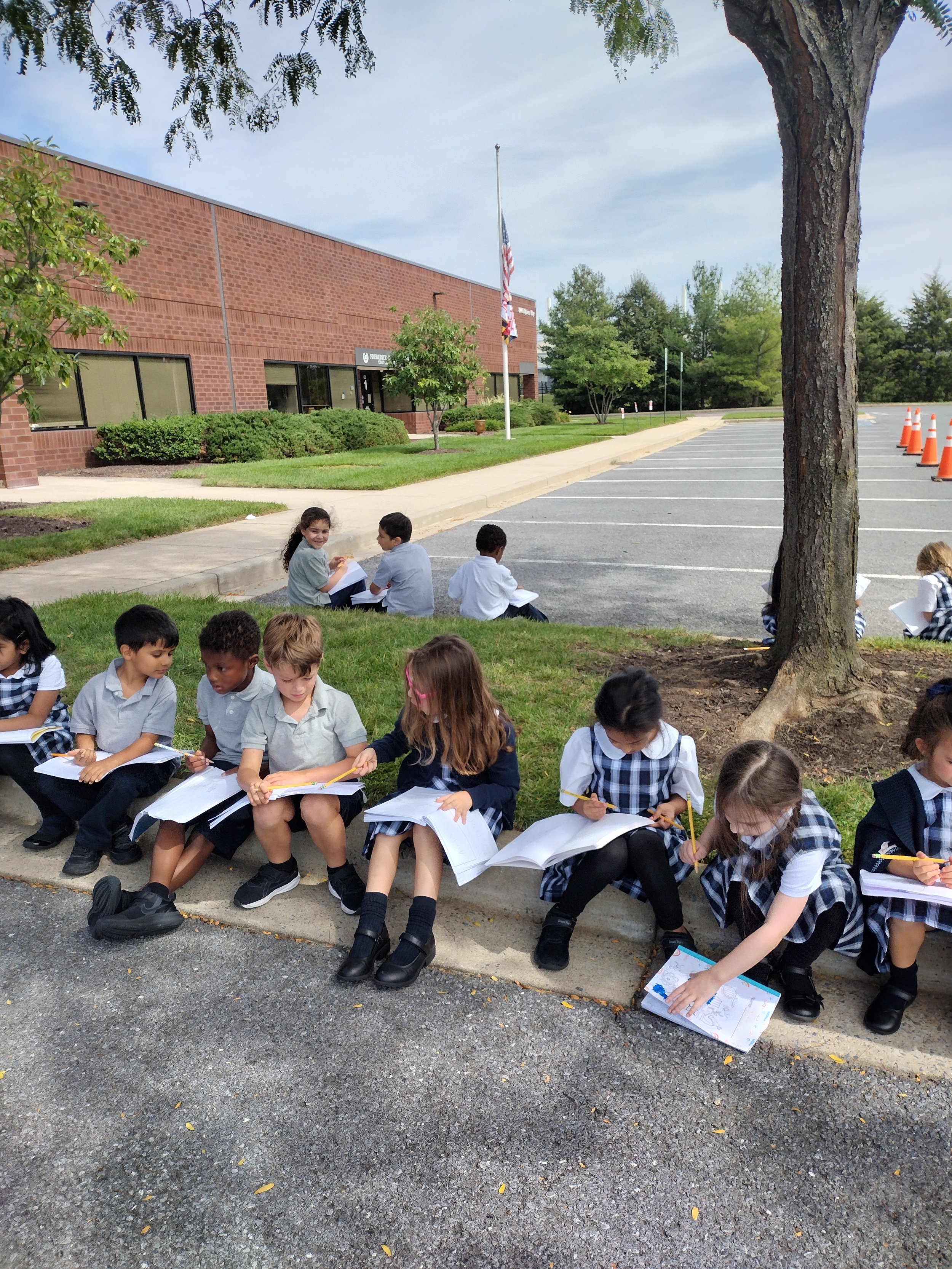

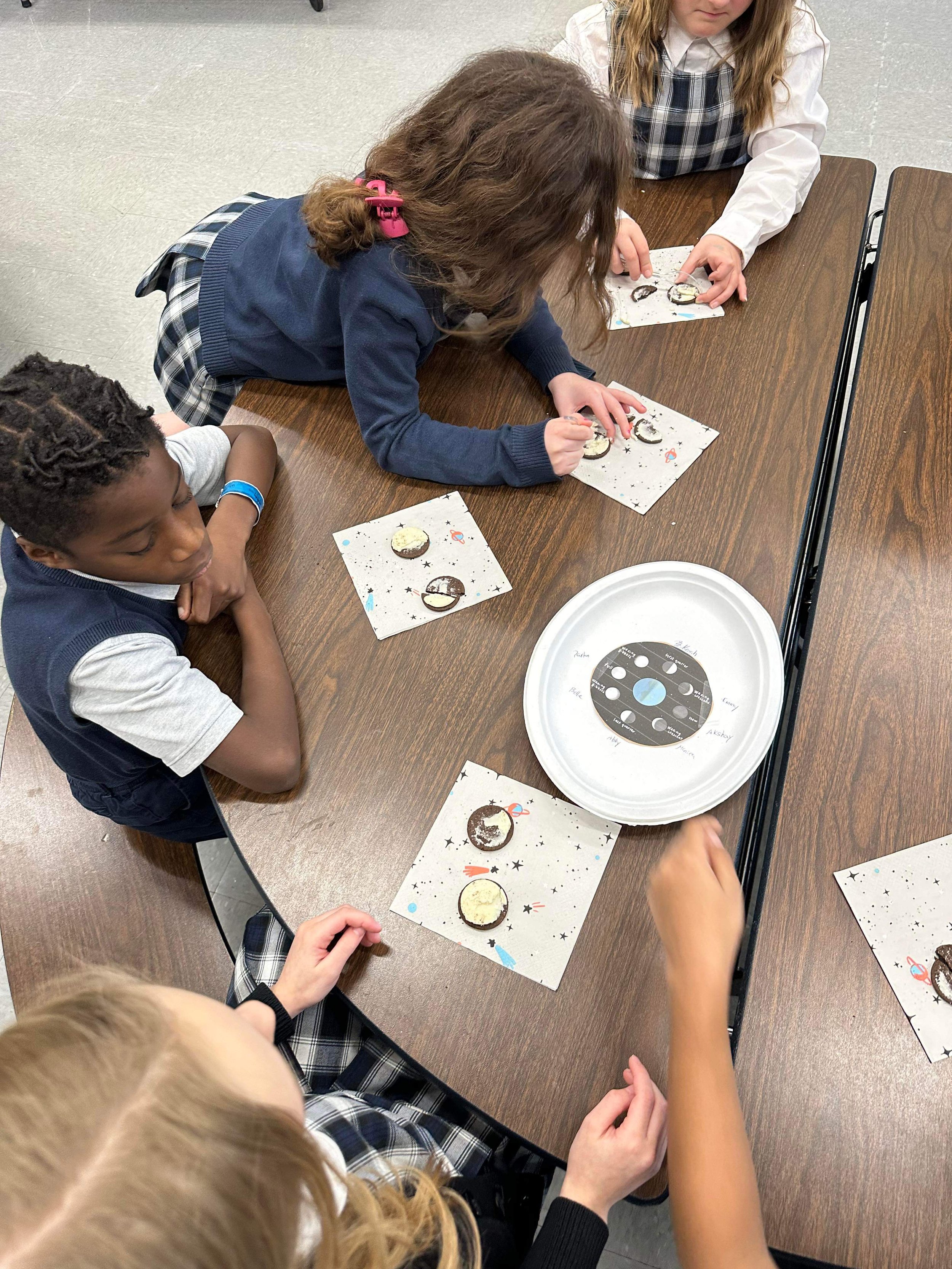
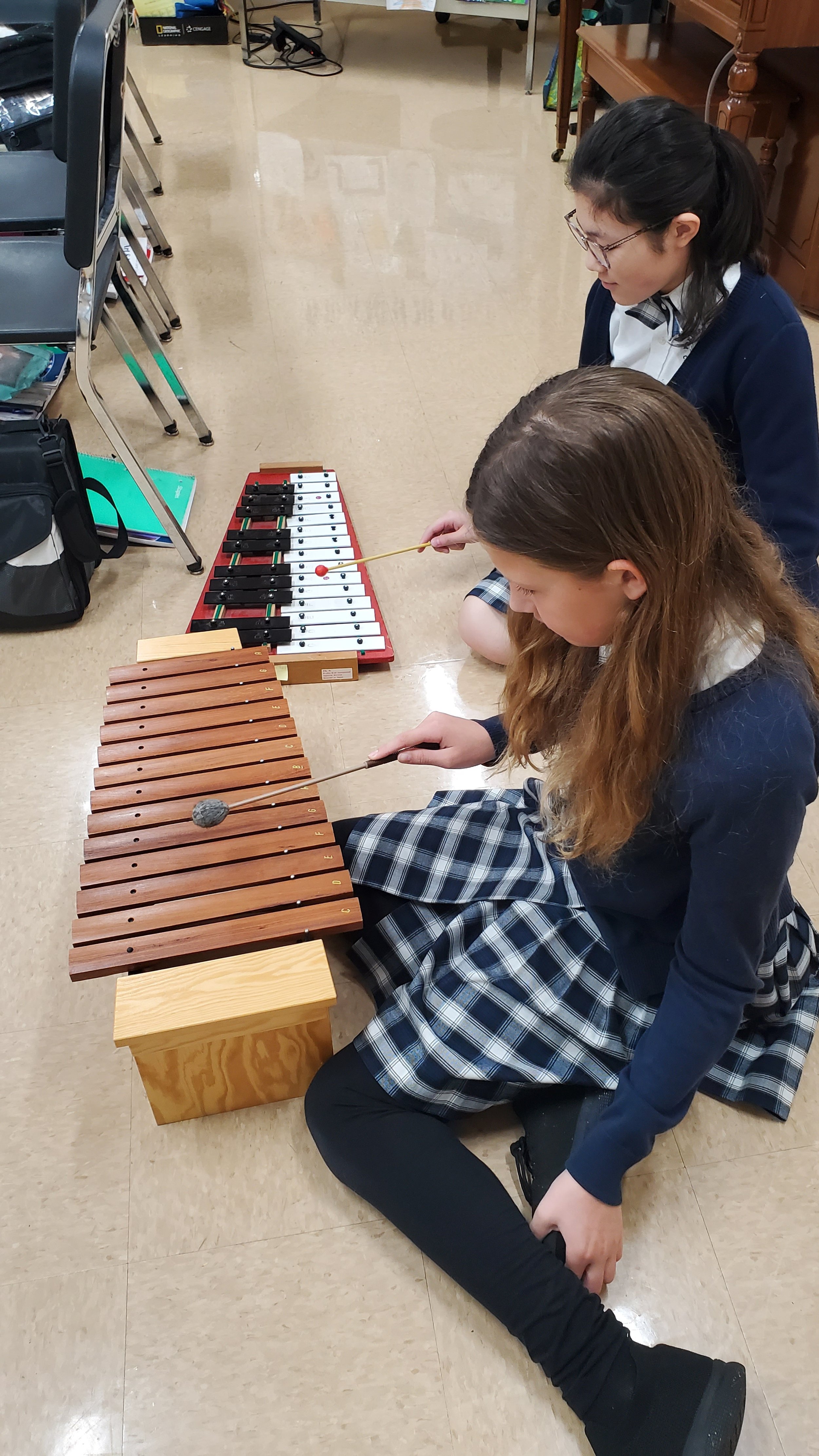
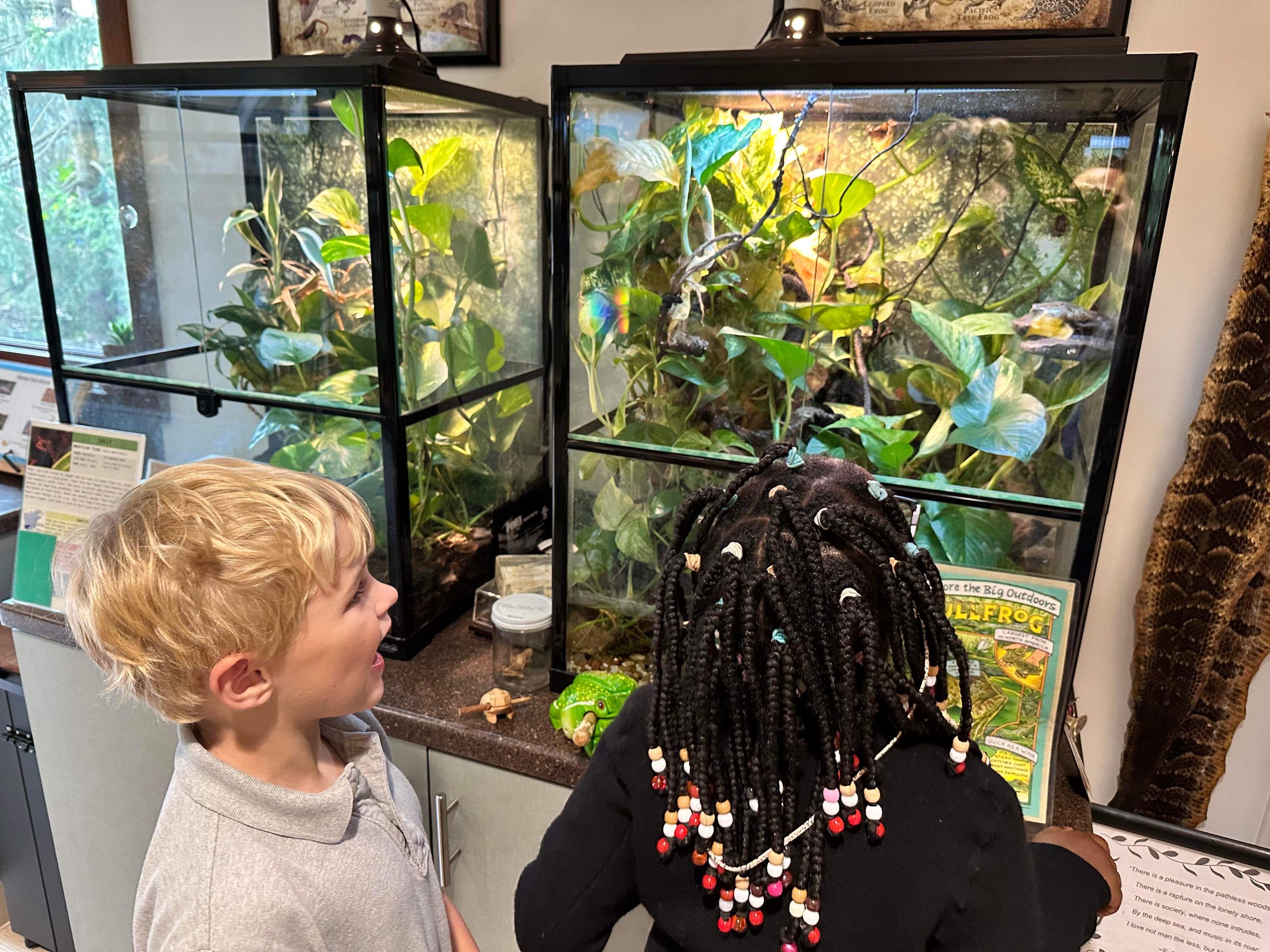

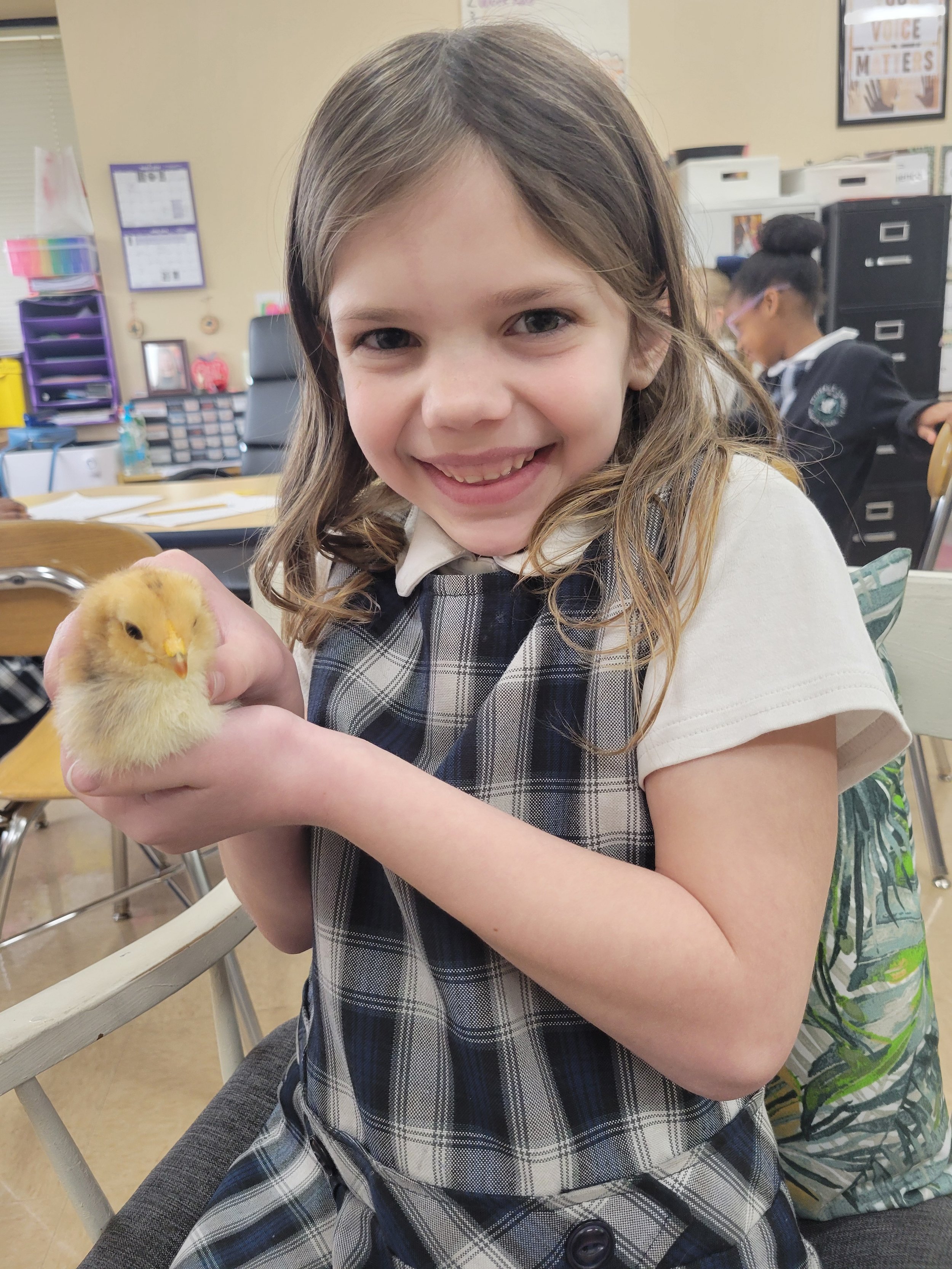
What is Classical Education at Frederick Classical Charter School?
Math
Science
Literacy
History
Classical Education
The Classical Education Approach
Overview of the Trivium
Our school offers a classical approach to education divided into three stages that align with a student’s development. These stages, known as the “trivium,” consist of:
1. Grammar Stage (Grades K-4):
Students learn fundamental knowledge and skills across all subjects, including English grammar.
2. Logic Stage (Grades 5-8):
Students focus on using reasoning to understand previous learning and acquire additional knowledge.
3. Rhetoric Stage (High School):
This stage emphasizes the use of knowledge and reason to express oneself and persuade others.
While grammar, logic, and rhetoric are emphasized at the appropriate stages, they are integrated throughout all stages of learning. Currently, our school addresses the first two stages of the trivium, as we do not yet offer a high school program and therefore do not include the rhetoric stage.
Integration of History and Science
Chronological Study of History
Students will experience two chronological sweeps through history during their time at our school. The first sweep occurs from grades 1st through 4th and once again 5th through 8th. Scholars start in ancient times, the Middle Ages, Early Modern and United States History. History is integrated across subjects, including art, music, and science.
Science Curriculum:
Our science program balances direct instruction, teacher demonstrations, reading, and experimentation. We avoid the over-emphasis on discovery learning prevalent in inquiry-based education, providing a more comprehensive approach to science education.
Chemistry: Taught to 7th grade scholars
Physics: Taught to 8th grade scholars
Art, music, and literature
The corresponding historical periods align with art, music, and literature selections, providing a coherent curriculum.
Language
Current Offerings:
Spanish: Offered to all students, K-8.
Latin: Offered to scholars, grades 4-8.
In 7th grade, scholars will choose between taking up to two credits of high school Spanish or high school Latin.

Research Over Philosophy
Our school avoids educational fads that are based on philosophical beliefs, adhering instead to approaches that are supported by mainstream research. In place of the "balanced literacy" approach that often neglects phonemic awareness and phonics, our school uses a research-based reading program that includes systematic and explicit instruction in phonemic awareness and phonics that has been shown to reach the vast majority of children.
In contrast to the prevailing trend in education that derides acquiring substantive knowledge as "rote memorization", our school holds knowledge acquisition in a very high regard. We design instruction around "big ideas" that helps students to understand and organize factual knowledge into a meaningful framework. This framework is built upon year after year as the scholars advance through the classical stages and proceed with their second chronological sweep through history.
Virtues
Love
Humility
Courage
Constancy
Diligence
Patience
Temperance
Love Humility Courage Constancy Diligence Patience Temperance
Frederick Classical Charter School cultivates seven key virtues in students. These virtues are integrated into course content, history, and literature, highlighting how historical figures and characters exemplified them. We encourage families to familiarize themselves with these virtues and incorporate them into daily life. It’s essential for adults to model virtuous behavior consistently.
COMMING
SOON
Virtues Song performed by FCCS Kindergarteners
LOVE
The bestowing of unconditional love and having a positive impact on the lives of others, showing a genuine concern for the good of others, with unselfish acts of kindness such as compassion, caring, thoughtfulness, service, and other humanitarian and noble actions.
HUMIILITY
The quality or condition of being humble; modest opinion or estimate of one’s own importance, rank, etc.; never bragging or boastful (especially to make others feel poorly of themselves).
COURAGE
Bravery in the face of fear or uncertainty, doing the right thing even when it is hard or scary, trying new things, and admitting mistakes.
CONSTANCY
The state of being fixed, unchangeable, steadfast, stable, persevering, faithful; is staying power; not giving up, but keeping on.
PATIENCE
Bravery in the face of fear or uncertainty, doing the right thing even when it is hard or scary, trying new things, and admitting mistakes.
DILIGENCE
Working hard and doing your absolute best; taking special care by doing things step by step.
TEMPERANCE
The practice of moderation, self-control, and self-discipline in all things.
Source: FCCS Parent and Student Handbook, revised August 2017-2023
“Alike for the nation and the individual, the one indispensable requisite is character—character that does and dares as well as endures, character that is active in the performance of virtue no less than firm in the refusal to do aught that is vicious or degraded.”
— Theodore Roosevelt
Curriculum
English Language Arts: Wit and Wisdom with Fundations
Overview: Our school combines the Wit and Wisdom program with Fundations to deliver a scientifically based reading research (SBRR) program. This approach begins with systematic and explicit phonics instruction and progresses to advanced reading comprehension, ensuring the highest literacy proficiency for all students.
Components of SBRR
1. Phonemic Awareness: Ability to hear and manipulate speech sounds.
2. Phonics: Connecting sounds (phonemes) to letters and letter combinations (graphemes).
3. Vocabulary: Recognizing the words sounded out during phonics instruction.
4. Fluency: Reading with ease to focus on comprehension rather than word recognition.
5. Comprehension: Decoding fluently and having the necessary background knowledge.
Wit and Wisdom
Wit and Wisdom, from Great Minds, integrates reading, writing, speaking, and listening tasks to enhance literacy skills throughout the year. The program supports differentiated instruction and helps students build knowledge and vocabulary through content-rich experiences.
Fundations
Based on the Wilson Reading System® principles, Wilson Fundations® provides a comprehensive reading, spelling, and handwriting program for students in grades K-1. It focuses on phonemic awareness, phonics/word study, high-frequency word study, reading fluency, vocabulary, comprehension strategies, handwriting, and spelling. Fundations makes learning to read enjoyable and lays the groundwork for lifelong literacy.
LETRS Training for Teachers
LETRS training empowers teachers with the knowledge and strategies for effective reading instruction. It covers the critical skills of phonology, phonics, vocabulary, fluency, and comprehension. This training ensures teachers can differentiate instruction to meet the literacy needs of all students.
Math: Singapore Math Standards Edition
Our math program follows the approach of the highest-achieving nations, focusing on a smaller number of topics taught to mastery. This method, as opposed to the “mile wide, inch deep” approach, ensures students develop strong math skills.
History:
Students will experience two chronological sweeps through history during their time at our school. The first sweep occurs from grades 1st through 4th and once again 5th through 8th. Scholars start in ancient times, the Middle Ages, Early Modern and United States History. History is integrated across subjects, including art, music, and science.
Science
Our science program balances direct instruction, teacher demonstrations, reading, and experimentation. We avoid the over-emphasis on discovery learning prevalent in inquiry-based education, providing a more comprehensive approach to science education.
Languages
Spanish: Offered to all students, K-8.
Latin is offered to scholars 4-8.
In 7th grade, scholars will choose between taking up to two credits of high school Spanish or high school Latin.




